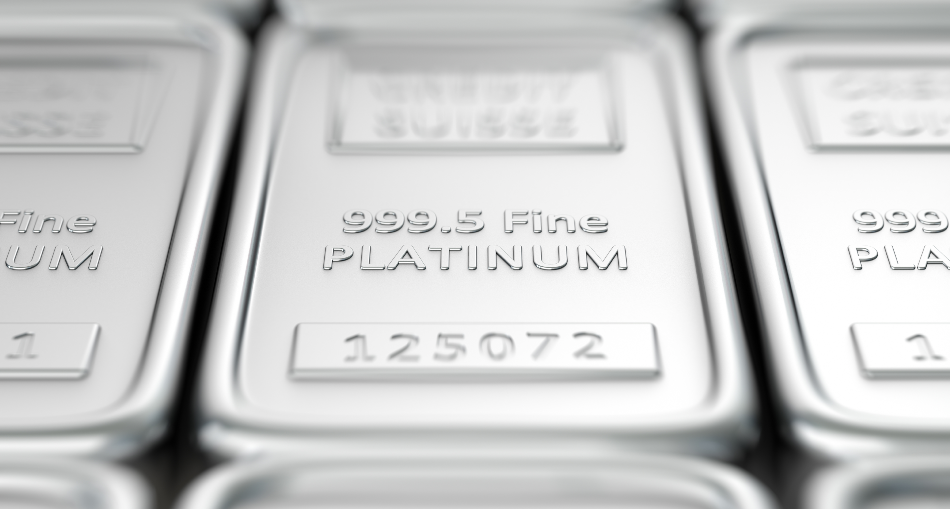Jan 23 2002

Imagentle / Shutterstock
Platinum was introduced in Europe around 1750. Even before the arrival of Columbus, platinum was well-known to native South Americans.
Platinum belongs to the platinum group of metals and it is malleable, lustrous, and ductile. It occurs abundantly on the earth’s crust, with around 0.001 ppm.
Platinum is the most significant of the group of six metals (Pt, Os, Pd, Ru, Rh, and Ir). It does not react with water and oxygen and dissolves only in aqua regia or fused alkalis.
Applications
Platinum has several applications, for example, it is used to make weights and measure standards. It is employed to make electrodes that could be exposed to chemical attack and is applied in the electronics industry to make electrical contacts, which would be subjected to high temperatures.
At present, platinum is mainly used in car exhaust catalysts; where the platinum coating is applied on a ceramic honeycomb. It is also used in jewelry making like gold and silver, which has its own hallmark.
Physical and Mechanical Properties
The following table shows the mechanical and physical properties of the platinum group of metals in the Periodic Table of Elements.
| |
Platinum |
Iridium |
Osmium |
Palladium |
Rhodium |
Ruthenium |
Gold |
Silver |
| Chemical Symbols |
Pt |
Ir |
Os |
Pd |
Rh |
Ru |
Au |
Ag |
| Atomic Number |
78 |
77 |
76 |
46 |
45 |
44 |
79 |
47 |
| Atomic Weight |
195.09 |
192.22 |
190.2 |
106.4 |
102.9055 |
101.07 |
196.967 |
107.87 |
| Crystal Structure* |
FCC |
FCC |
HCP |
FCC |
FCC |
HCP |
FCC |
FCC |
| Density g/cm3 |
21.45 |
22.65 |
22.61 |
12.02 |
12.41 |
12.45 |
19.3 |
10.5 |
| Melting Point C |
1769 |
2443 |
3050 |
1554 |
1960 |
2310 |
1064.43 |
961.93 |
| Vickers Hardness (annealed) |
41 |
220 |
-- |
41 |
101 |
-- |
20 |
26 |
| Electrical Resistivity at 0 C microohm.cm |
9.85 |
4.71 |
8.12 |
9.93 |
4.33 |
6.80 |
2.4 |
1.6 |
| Thermal Conductivity Watts/meter/C |
73 |
148 |
87 |
76 |
150 |
105 |
293 |
419 |
| Tensile Strength (annealed) tons per square inch |
9 |
71 |
-- |
11 |
45 |
36 |
7 |
9 |
*FCC - face-centred cubic, HCP - hexagonal close-packed